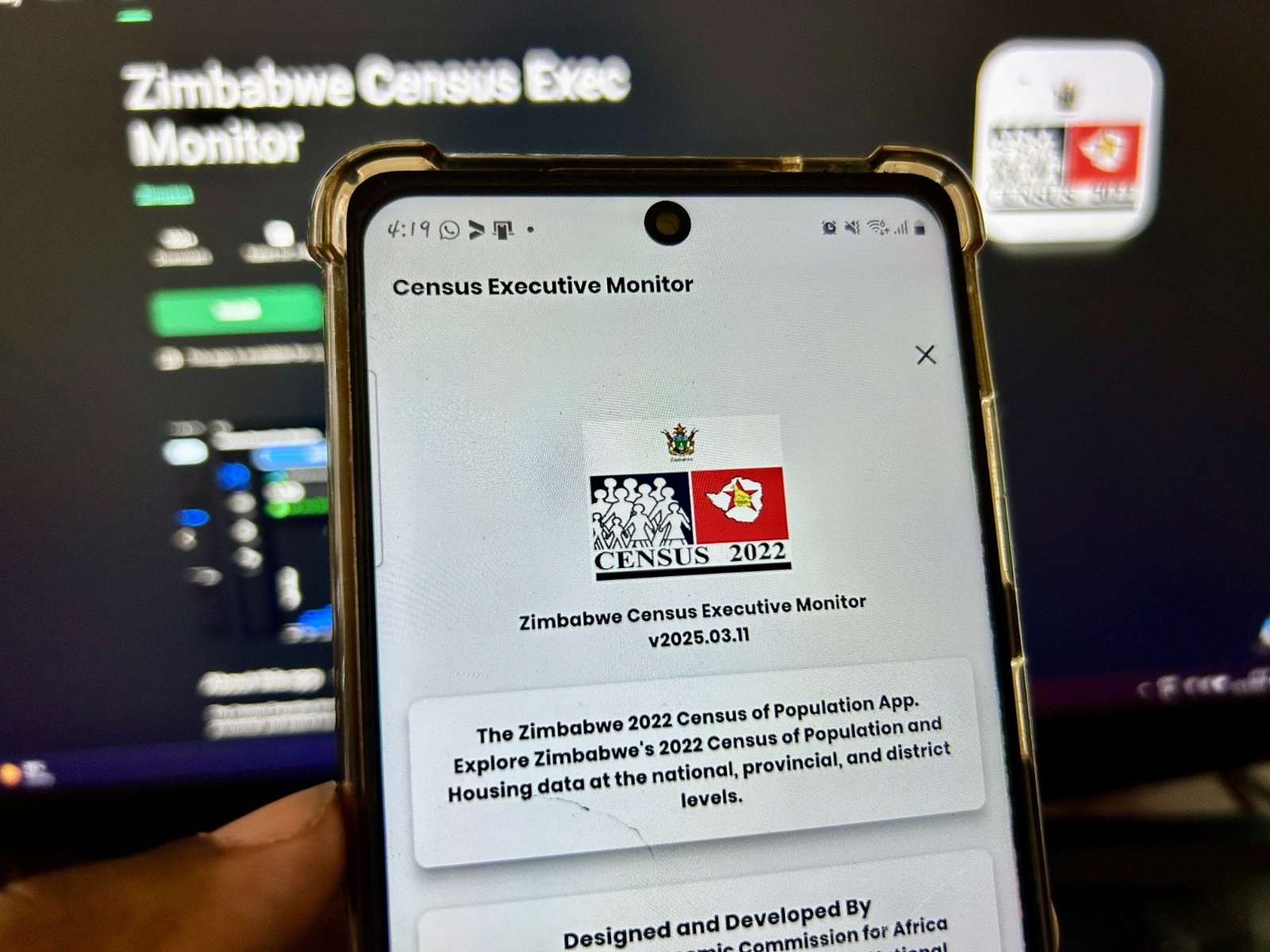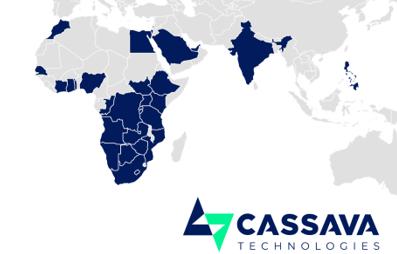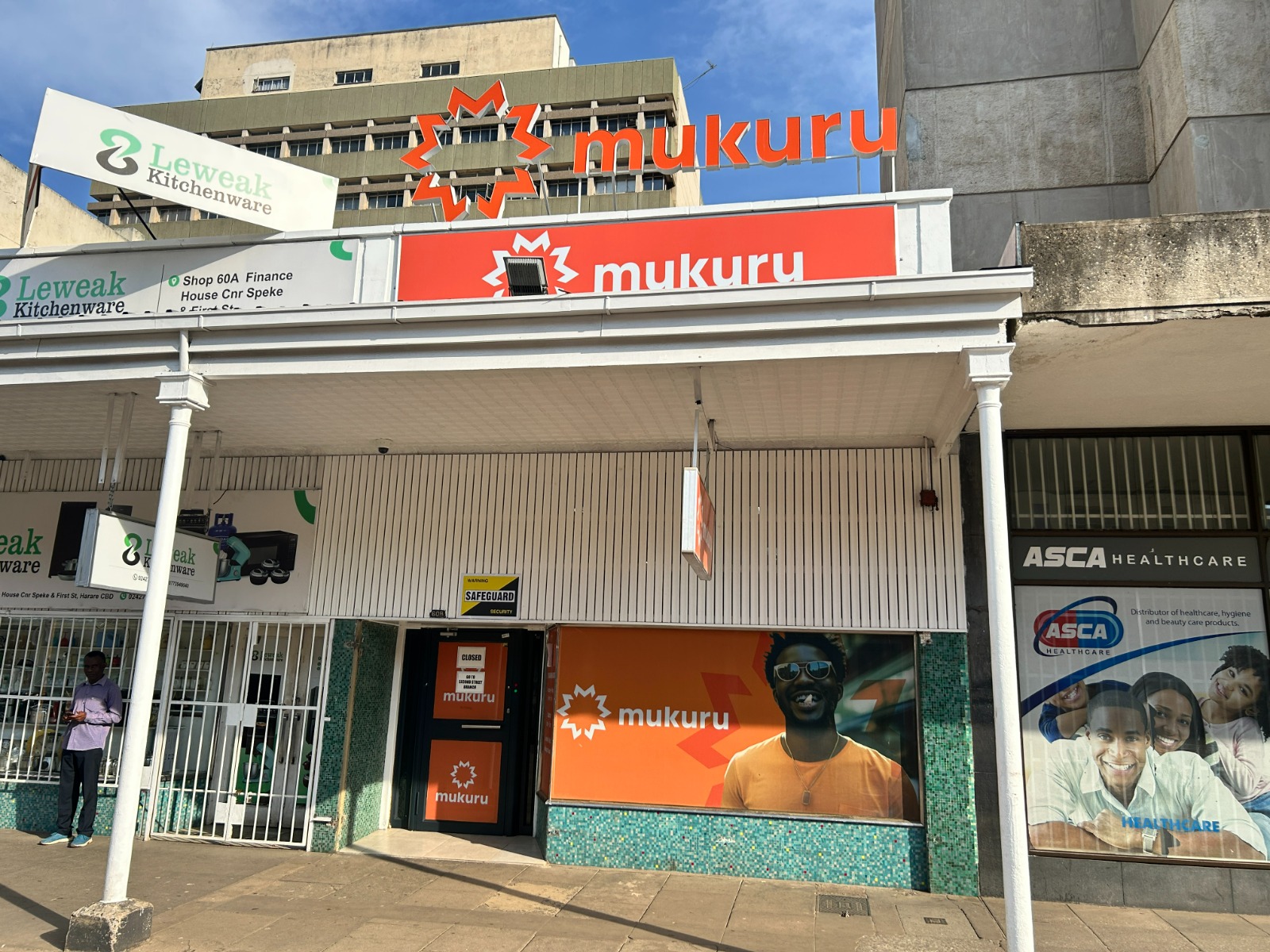According to the recently-released BSA Global Software study, Zimbabwe has the highest percentage of pirated software on the planet. Zimbabwe climbs to the top of the survey’s infamous log for the first time, having been in the top 5 since 2009.
The study, whose findings span the globe and have made news in countries on all continents, estimates the volume and value of unlicensed software installed on personal computers.
 At 90 percent, Libya and Zimbabwe are the two countries with highest use of unlicensed software, the report said. On the opposite extreme is the United States, whose 17% rate is the lowest globally.
At 90 percent, Libya and Zimbabwe are the two countries with highest use of unlicensed software, the report said. On the opposite extreme is the United States, whose 17% rate is the lowest globally.
The study found that 39 percent of software installed on PCs around the world in 2015 was not properly licensed, a slight decline from the 2013 study.
 Established by Microsoft in 1988 to combat software piracy, the Business Software Alliance is a member of the International Intellectual Property Alliance.
Established by Microsoft in 1988 to combat software piracy, the Business Software Alliance is a member of the International Intellectual Property Alliance.
My quick thoughts
This study validates some of my views about how little value Zimbabweans place on computer security. Piracy comes with little surprise in any low-income country, Zimbabwe being no exception. A poor, and increasingly less informal economy breeds piracy, which in turn breeds huge cyber-security threats, and costs companies and the government millions of dollars annually.
Short-term solutions include stronger legislation and more education/training, especially in corporate settings; long term, much bigger fundamentals such as the Zimbabwean economy becoming more formal and stronger will have to be addressed.














Comments
20 responses
misleading headline, Zimbabwe does not even compare to the likes of China, Thailand in the use and production of pirate software..Please stop misleading readers
Misleading how? According to the study 90% of software in Zim is pirated. The commercial value may be higher in China, Thailand; but around 30% of the software there is licensed. Time you came out of your cave and at least read the linked document.
The article cites the study and provides link where you can download the report and read news reports from other countries about the same findings.
That may be so, but you should state PER CAPITA(population of PC’s).
Your headline is typically more on the sensational side than it is technical. Stuff of click-bait.
90% of how many computers in Zimbabwe, have you ever done data collection and interpreted the results. China has more than a billion people so we can say 25million use pirated software or more, wapabata hantka
I agree with you Opolopo and Tinm@n. The article may have different motives. Asi I think,we need to do something about this though, we are moving to an online based economy at these rates tinowachisana akomana.
this is statistics for you, yes on raw numbers china might have more devices with pirated software on but as a percentage of the overall total number of devices its still smaller than ZIM
main issues i see with buying software in ZIM
many companies (US based) refused to sell to the market (its tied to complicated finance laws around economic sanctions in US so they don’t bother trying to work through it)
most software is too expensive for the average zim user
a lot of the people selling software locally are doing it already in a pirate fashion and people don’t neccesarily realise
That said – Open source software has come a long way in recent years – theres nothing stopping a good chunk of users switching to open source based solutions which removes half of the above issues
Tione license ye OS yaurikushandisa iwewe
hahahaha, cheap skates. You get what you pay for, and that is all i am saying!!!!
MaSanctions tingadii!!!
Shuwa zvako iwe
…maSanctions tingadii
This report only shows that most Zimbabwean computer/net user don’t buy softwares on the internat
If I was to buy all softwares, games, and music on my laptop I could have gone broke or bankruptcy a very long time. I could not have managed to buy my Honda Fiat and illegal stand in the name of legal software.
Click bait headline and sensational tendency!
Asia Pacific have a total of 67% unlicensed software
Africa have 57% of unlicenced software
So how can Zimbabwe have the highest in the world? Let’s not hate ourselves to be this blinded!
thats a for whole region – its easy to have vastly wild differences when you start drilling down to country level
Its true, i have never used a legit software except in tow cases when i bought avira for my work pc and the second time i forgot
pirated software can be found in companies, schools and even universities in zimbabwe. so this is really true. i am typing from a lenovo thinkpad with a pirated windows 10, office
My question is, who was surveyed (data-sample) and how did the BSA conduct this study? There’s a lot of potentially cooked up statistics relating to technology in Africa or Zimbabwe, without a firm basis on how the statistics were derived. From the explanation in the report, I don’t see Zimbabwean businesses or individuals willing giving up information of the licensing status of their software. Would you?
You might not be telling them directly, but have you considered what each piece of software you install is telling it’s respective manufacturer? Microsoft software calls home on multiple levels from OS (win 10 and now 8 and 7) down to individual products. Other software collect and transmit ‘non identifiable’ but unique system and user data and performance reports. Just check out EULA’s and privacy policies these days to see how much they can collect! It’s not so hard to believe the BSA members would share this kind of info and link it to regional sales data amongst themselves. Only privacy laws in territories like the EU, some asian countries and the US prevent them from directly linking this data to your name, for now.
I am happy to pay as soon as they accept ecocash
I used to pirate my software about 10 years ago, because i was a student and couldn’t afford it and the open source options were far far lacking.
I gave up pirating around then because i was sick of all the risks associated like viruses, program randomly stopping working etc (and because i had a job that either provided neccesary licenses or i could now afford it) – that said i’ve been mulling over the thought of trying an experiment of switching completely to opensource to see if i could survive at least a week without commercial software